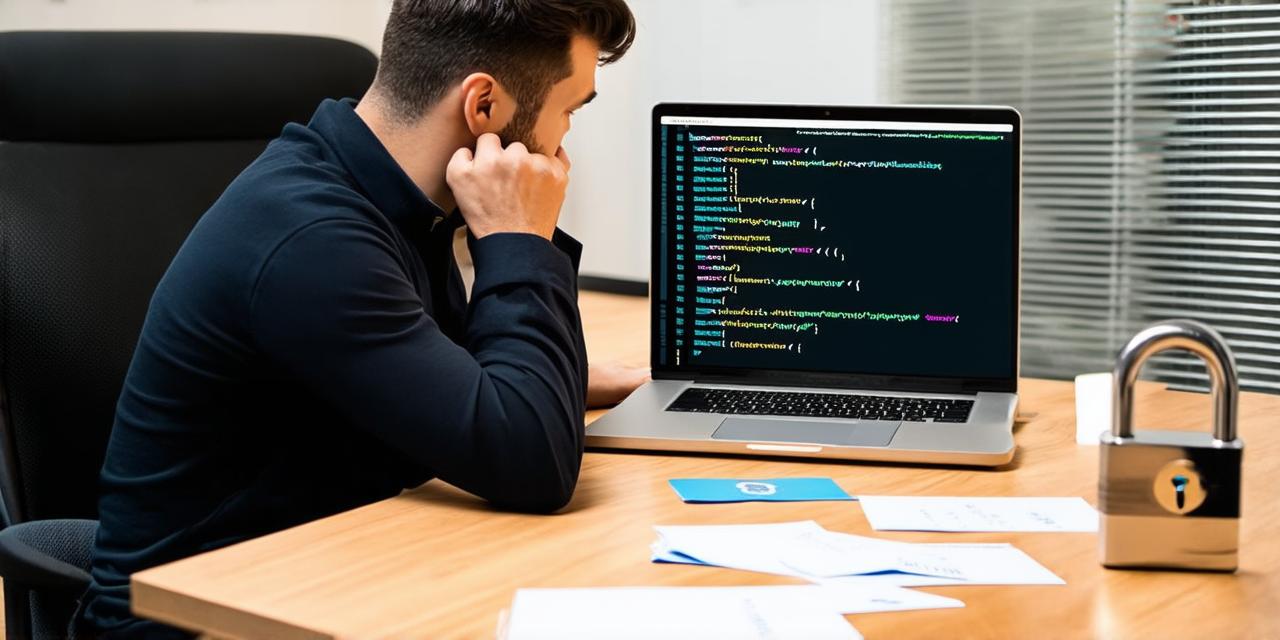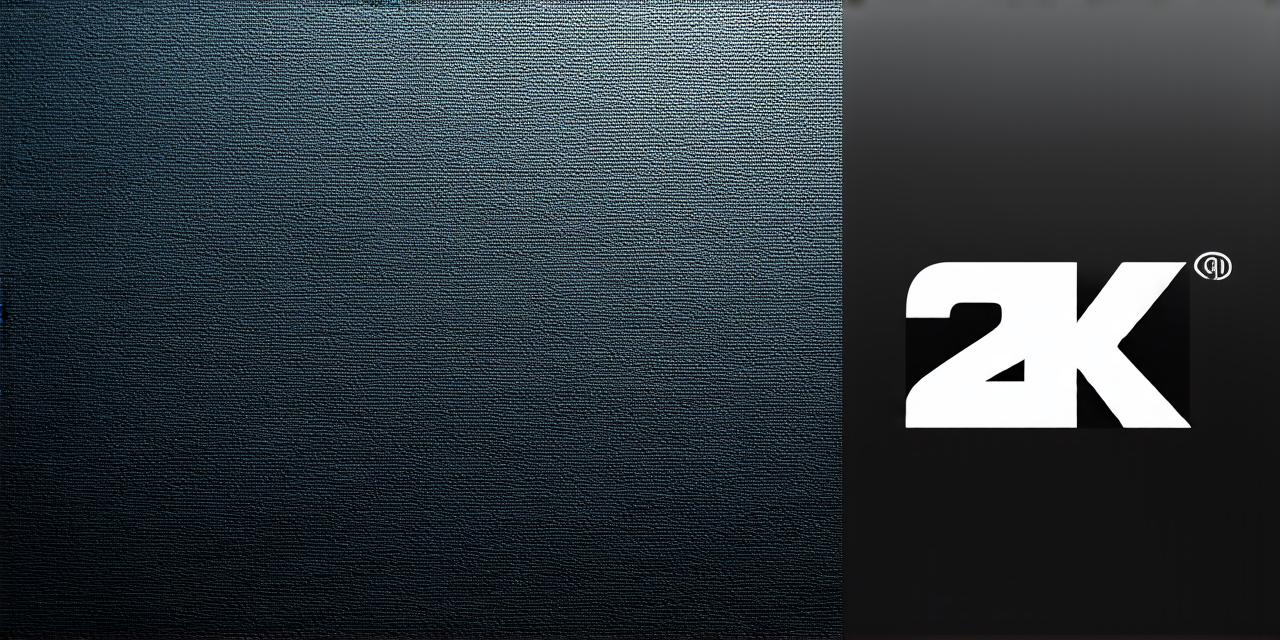The Risks of Stealing Your Idea
Before we dive into the solutions, let’s first take a look at the potential risks of having your idea stolen. There are many ways in which this can happen, including:
- Copying the concept: In some cases, someone else may simply copy your idea and create a similar app themselves. This can be particularly frustrating if you have already invested time and resources into developing your app, only to find out that someone else has beaten you to the punch.
- Reverse engineering: If your app is not protected by patents or other forms of intellectual property, it may be possible for someone to reverse engineer the code and figure out how your app works. This could allow them to create a similar app with different features or functionalities.
- Trade secret theft: If your app contains trade secrets such as algorithms or proprietary software, it is possible for someone to steal these and use them in their own apps without your permission.
- Plagiarism: If you have written any content for your app such as text, graphics, or music, there is always the risk that someone else could copy and paste this into their own app without giving you credit or compensation.

How to Protect Your Intellectual Property
Now that we have discussed some of the potential risks, let’s take a look at some solutions for protecting your intellectual property. These include:
- Patents: One of the most effective ways to protect your intellectual property is to obtain patents for your app or its key features. This will give you exclusive rights to use, sell, and license your invention for a certain period of time. There are two types of patents that can be applied for in relation to apps: utility patents (for new and useful processes, machines, manufactures, or compositions of matter) and design patents (for new and original designs).
- Copyrights: If your app contains any creative works such as text, graphics, or music, you may be able to obtain copyright protection for these. This will give you exclusive rights to use, sell, and license your copyrighted work for a certain period of time.
- Trademarks: If you plan on using your app’s name, logo, or slogan in the marketplace, you should consider registering a trademark. This will give you exclusive rights to use these marks and prevent others from doing so without your permission.
- Trade secrets: If your app contains any confidential information such as algorithms or proprietary software, you should take steps to protect this by creating trade secret agreements with your employees and contractors.
- Non-disclosure agreements (NDAs): These are contracts that prevent the recipient from disclosing confidential information to third parties. You may want to include NDAs in any contracts or agreements you have with employees, contractors, or partners.
- Monitoring: Finally, it is important to monitor your app’s activity and keep an eye out for any signs of infringement. This can involve regular audits of your competitors’ apps, as well as monitoring social media and online forums for any references to similar ideas.
Real-life Examples of App Developers Protecting Their Intellectual Property
<p



